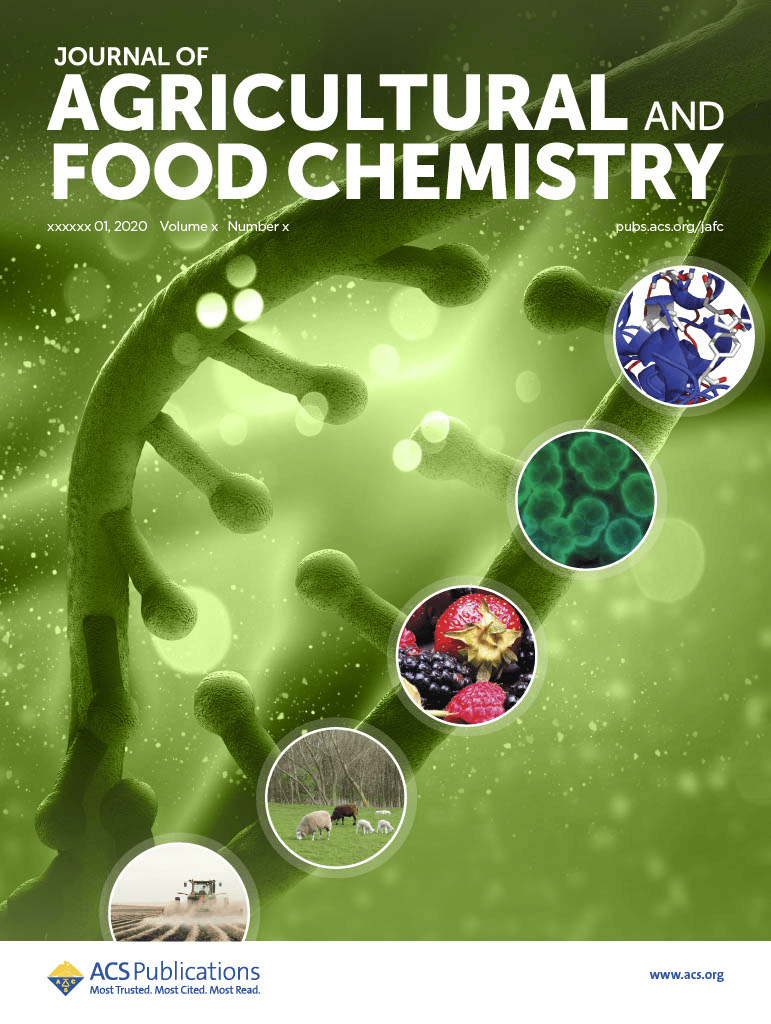ACS Agricultural Science & Technology is preparing to publish a special issue highlighting advances in genome editing for sustainable agriculture. For readers, this special issue will be a source of high-quality papers in the field, and for authors, it will provide visibility for their excellent work in this area. Significant advances in agricultural technologies will […]

Significant advances in agricultural technologies will be needed to meet the future food demands of our planet. Growers are facing challenges from emerging plant diseases and pests along with herbicide and insecticide resistance. Crop yield increases will be needed despite the challenges of climate change and finite land and water resources. Meanwhile, consumers are demanding a greater variety and more nutritious foods with year-round availability.
Gene editing is a technology with the potential to bring about some of the rapid changes required to address these challenges. The great potential of CRISPR/Cas9-based precise gene-editing biotechnology is an emerging area of research being applied to plants and microorganisms. Many derivative technologies such as epigenome editing, transcriptional control, and genome-wide screening and editing are being developed. These innovative biotechnologies are powerful tools for dissecting functional genomics and show great potential in plant breeding and genetic improvements.
Along with the rapid advances in basic science and technological improvements, there are societal, economic, and regulatory hurdles to overcome before the value of this technology can be realized.
This special issue will broadly cover original research and review papers and opinion-style viewpoint articles in gene editing, including recent advances in gene editing and related technologies, application cases in agriculture, perspectives in agriculture application, and policies in different countries.
The editors are highly interested in the following topics, but not limited to:
- Genome editing and its applications for sustainable agriculture and to address climate change.
- Advances in genome editing tools: CRISPR/Cas9 and beyond, e.g., recently emerging protein editing tools
- Plant transformation for efficient genome editing
- Genome editing to address abiotic and biotic stresses and disease
- Genome editing in increasing plant yield
- Genome editing in improving food quality
- Regulatory, Economic, Societal, and Policy considerations around genome editing applications in agriculture
Submission Instructions
Manuscripts must adhere to the guidelines available on the ACS Agricultural Science & Technology Information for Authors page and must be submitted electronically through the ACS Paragon Plus portal.
In Paragon Plus, specify a manuscript type, and activate the special issue feature to designate the paper for Advances in Genome Editing for Sustainable Agriculture. In addition, state in your cover letter that the paper is being submitted for the special issue.
All invited and contributed manuscripts will be screened for suitability upon submission and undergo the standard peer-review procedure of the journal. The final submission deadline for inclusion in the special issue is October 31, 2021.
Open Access
ACS journals offer diverse open-access publishing options. Please see ACSOpenScience.org for more information.
Editors
Xiangyuan Wan, University of Science and Technology Beijing, and Associate Editor, ACS Agricultural Science & Technology
Email: xwan@agscitech.acs.org
Laura McConnell, Bayer Crop Science, and Deputy Editor, ACS Agricultural Science & Technology
Email: lmcconnell@agscitech.acs.org
